Clémence Michallon is the author of The Quiet Tenant, a USA Today and international bestseller and nominee for the Hammett Prize. She’s also a freelance journalist whose work has appeared in The New York Times Book Review, Time Magazine, The Independent, and more. Clémence was born and raised near Paris, has lived in New York since 2014, and became a U.S. citizen in 2022. Our Last Resort is her second thriller. She can be found on Instagram at clemencemichallon and on X at Clemence_Mcl.
Tell us about Our Last Resort. What is the story about and what sparked the idea?
Our Last Resort tells the story of Frida and Gabriel, two people who travel to a beautiful—but secluded—hotel in the desert in Utah, in an attempt to mend their sibling relationship. Everything is going okay, until, a few days into their stay, a female guest turns up dead, evidently murdered. The murder investigation quickly focuses on Gabriel, because it’s not the first time a woman has died in his orbit.
This means that Frida is going to have to confront some uncomfortable truths about her brother and their shared past. Frida and Gabriel share a strong, complicated bond because they grew up in a cult together in upstate New York. The novel is told in dual timelines. One spans days and follows the murder investigation at the hotel and its consequences on our characters. The other spans years and follows Gabriel and Frida’s past in the cult and the fallout from that.
Setting was what came first for me with this book. My previous crime novel, The Quiet Tenant, takes place in the winter in the Hudson Valley. That means it’s always cold in that book, and the sun sets at five pm, and the ground is frozen, etc. The Quiet Tenant is also a captivity story, meaning its settings are simple and bare: there is a garden shed, a house, and a restaurant.
When the time came to start working on something new, I decided I wanted to go somewhere warm and beautiful. My mind traveled back to a gorgeous hotel I went to fifteen years ago with my parents, which, like the hotel in my book, is located in the desert in Utah. Everything else—the characters, their past—grew from there.
Your work has been praised for its emotional depth and character complexity. How do you balance tension with interiority when writing suspense?
Thank you very much! For me as a writer, the characters truly run the show. The story comes out of them. When I’m trying to let the plot unfold naturally, I ask myself: what’s the most logical step this person would take? And what kind of trouble would this create for themselves and others?
When I’m working on a book, I’m constantly living with my characters. I bring them with me wherever I go. If I do an activity, I wonder how they would do it, how they would feel, what feelings it would create in them, etc. Tension often comes out of these emotional stakes. It’s one thing to wonder what’s going to happen next from an action point of view, but if that turn of events has meaning for a character or several—then, as a reader, that’s when I’m really hooked.
Medical dramas illustrate this really well. If you watch old episodes of ER, you’ll see that we’re made to care not only about the fate of the patient (who is usually not a character we’ve been following for multiple episodes), but also on the impact their fate will have on whichever doctor is in charge of their care. All of which is to say: interiority is what drives tension and suspense for me.
When writing darker subject matter like cults and murder, how do you protect your own mental space during the drafting process?
By watching television! I watched all of Seinfeld while drafting The Quiet Tenant, my previous crime novel. It became my palate cleanser. I have a few comfort shows I can rely on. Currently it’s The Golden Girls.
How much of your background in journalism influences your fiction writing? Are there habits from your reporting life that you still bring to your writing desk?
Journalism gave me a few really useful tools for writing fiction. The first being that it taught me how to sit down and write. It sounds simple, but it’s really half (if not more) of the battle. To this day, I write fiction by giving myself a word count I need to reach for the day. The actual word count varies depending on where I am in the writing process and what else I’ve got going on (currently, I’m on tour for Our Last Resort, so my daily word goal is lower than it would usually be) but that’s the only way I know how to do it.
Journalism also taught me how to immerse myself in a subject, how to research it, how to start understanding it, and how to find answers to my questions. It made me a better learner. I tend to fall down rabbit holes pretty naturally, without a purpose in mind. Journalism taught me I can turn these obsessions into work and let them inform my writing. It sharpened my curiosity and gave me a conduit for it. Curiosity is one of the most important qualities for a writer (along with patience).
Was there a real-life story or news item that sparked the idea for this book, or did it emerge purely from imagination?
Out of all the parts in the book, the one that was most informed by real life was the part dealing in the cult inside of which Gabriel and Frida grow up. When the time came to build this fictional cult, I knew I wanted the cult in Our Last Resort to feel real enough—but I didn’t want it to feel like a fictional version of one specific cult.
I wound up borrowing characteristics from various cults I’d heard about: Jonestown, the Branch Davidians, NXIVM… I’ve been slightly obsessed with cults since I was a kid, so I had a good amount of background information I could rely on.
You’ve now had both of your thrillers optioned for screen adaptations. Has knowing your work may be adapted affected how you write or visualize scenes?
I do visualize scenes when I write them, in a way that reminds me of TV shows and movies. My main concern when I’m writing a novel is to write the story my brain is obsessed with in the best way I can, and to let it achieve its best possible form. I do find TV shows and films very helpful in terms of getting into a mood, or exploring an aesthetic, or learning about pacing. All of those things live in close proximity inside my brain.
What is something surprising that has happened since becoming a bestseller?
Any time something I’ve written resonates with a reader, or finds its audience, or is in any way received generously—that always feels like a miracle to me. There’s no getting used to it. It’s always a surprise—in the best possible way.
Most hope their debut will be a bestseller, but it’s quite rare. How do you feel early success has impacted your writing and career? Was there anything in particular you feel like you did to help create this success with your debut?
I was incredibly lucky that my debut thriller found its readers and—to put it simply—changed my career as well as my entire life. I’m grateful for it every day. The main thing that changed for me between my first crime novel and my second crime novel was the feeling that I now had something to lose. That was definitely palpable, and something new for me to wrap my head around. But that’s what therapy is for! (I’ve been in therapy for eight years and have no plans to stop.)
Honestly, I’ve always felt that publication—the process of putting the book out into the world, of helping it be discovered and find its readers—is entirely a team effort. I write the book, yes, and I do my very best to help promote it, but publication is a multi-pronged effort that requires a whole team. I’ve been very lucky to work with people who excel at their jobs. That makes a huge difference.
You’ve written about and worked within the publishing world. How has that insider view shaped your perspective as an author?
A big part of why I wanted to write books in English was learning about US publishing and being really intrigued by it. I do think it’s helpful, and even necessary, for authors to understand the basics of how things work. There are resources out there that will explain to you everything you need to know about agents, editors, being on submission, working collaboratively with your editor, publicity, marketing, publication, etc. My advice is to take whatever information is useful to you and use it to work as efficiently as you can with your team.
What advice would you give to writers trying to break into the psychological suspense genre today?
Think about the books in that category that you like to read. What do you love about them? What draws you to them? What sets them apart? Who do they do that other books don’t? What new material do they bring to the table?
Answering these questions will help you come up with ideas for your own work. You don’t even have to actively try to think of ideas in those moments—just keep the works you like in your mind and ponder them. Let them feed your creative mind.
What’s the best piece of writing advice you’ve ever received?
Finish the first draft. Seriously! It’s infinitely easier to fix anything—the whole draft, structural issues, a sentence, the voice, the plot—once you have a finished first draft. So no matter how weird or imperfect it feels in the moment, power through to the end.
What do you listen to while writing?
It depends! I have a classical music playlist that gets the job done—a lot of moody, dramatic Vivaldi tunes. There is a movie theme song—to the French movie Tout Feu Tout Flamme, composed by Michel Berger—that I can always write to. Sometimes, though, I choose one song with lyrics and I play it on a loop. The lyrics start to fade into the distance and I can get into the right mood for whatever scene I happen to be writing.
What are some must-haves in your writing environment? (Snacks, drinks, lighting, desk accessories, etc.)
Coffee, black, no sugar. It’s pretty much the only essential. If I can’t have coffee by my side (for example, if I’m on a train) then I need to have consumed coffee at some point beforehand. It would feel very strange to me to write without having had coffee.
What is a recent book you read and loved?

The Bombshell by Darrow Farr. It’s a debut novel that tells the story of a teenage girl who, one summer in the nineties, is abducted and taken hostage by Corsican militants and ends up joining their cause. The book is partly inspired by Patty Hearst’s story, but it’s also completely its own thing. I particularly loved and admired its portrayal of France—its summers, its politics, its men.
Buy the book now: Bookshop.org | Amazon | Barnes & Noble
What book changed your writing forever?

The Fever by Megan Abbott. I love everything Megan Abbott writes, and this was my introduction to her work. I remember thinking I’d never read a book like this one before. It blew my reading and writing worlds wide open.
Buy the book now: Bookshop.org | Amazon | Barnes & Noble

Our Last Resort by Clémence Michallon
After a world-shattering tragedy, siblings Frida and Gabriel seek a fresh start at the secluded Ara Hotel in a remote Utah town. But the illusion of a happy reunion quickly shatters when one of the resort guests turns up dead and Gabriel becomes the prime suspect. The investigation that follows forces Frida to revisit their upbringing in an insidious cult and face the fact that her brother may not be as innocent as she believed.
Buy the book now: Bookshop.org | Amazon | Barnes & Noble


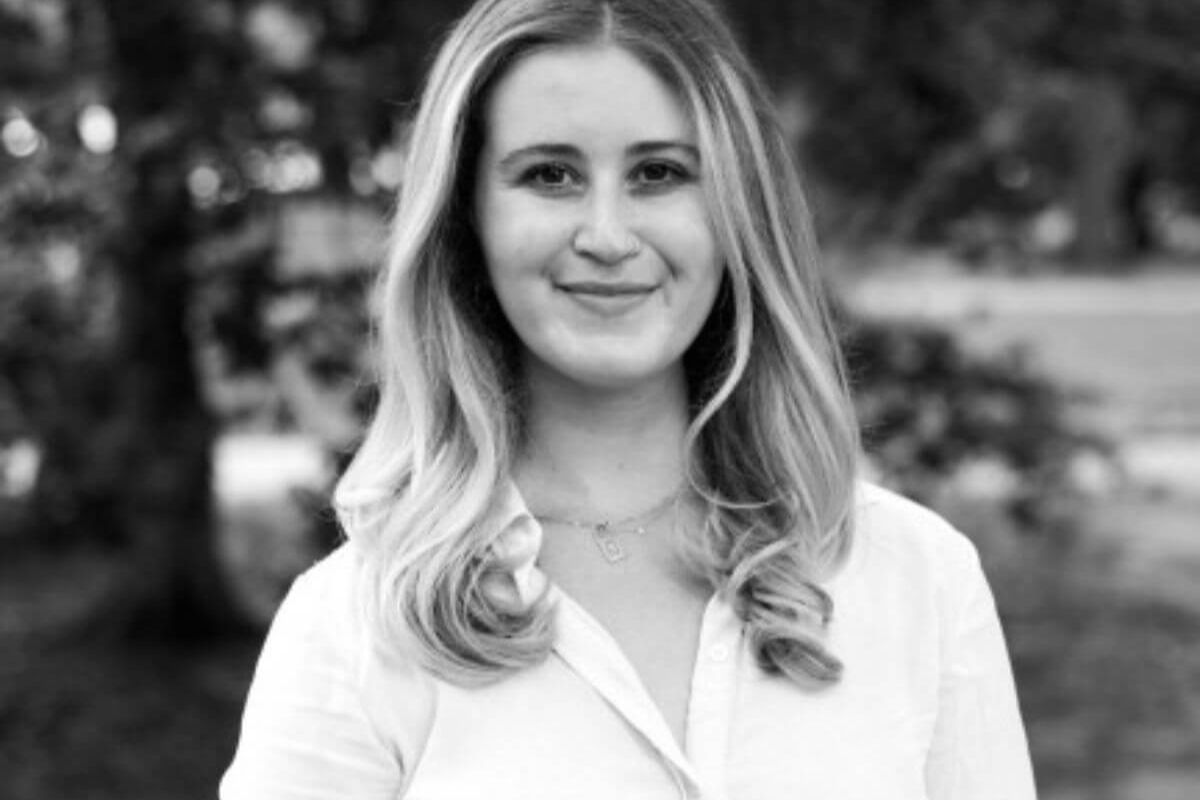
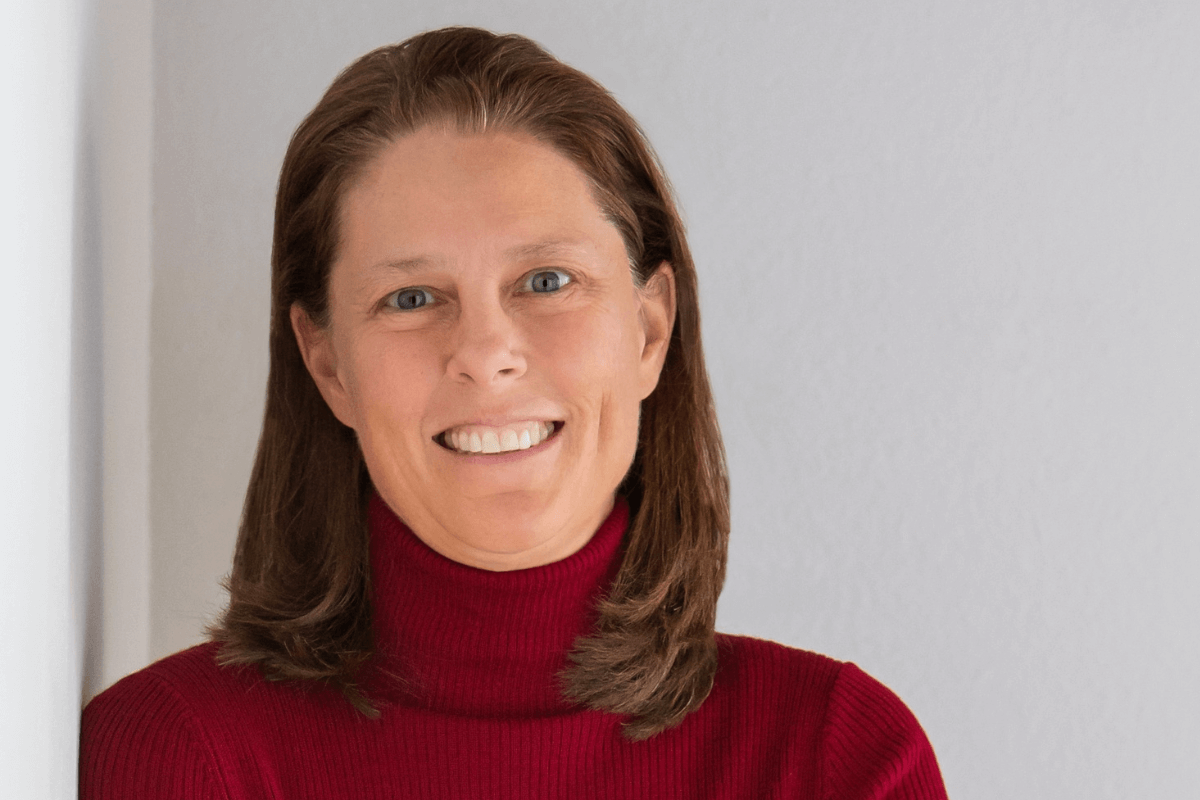
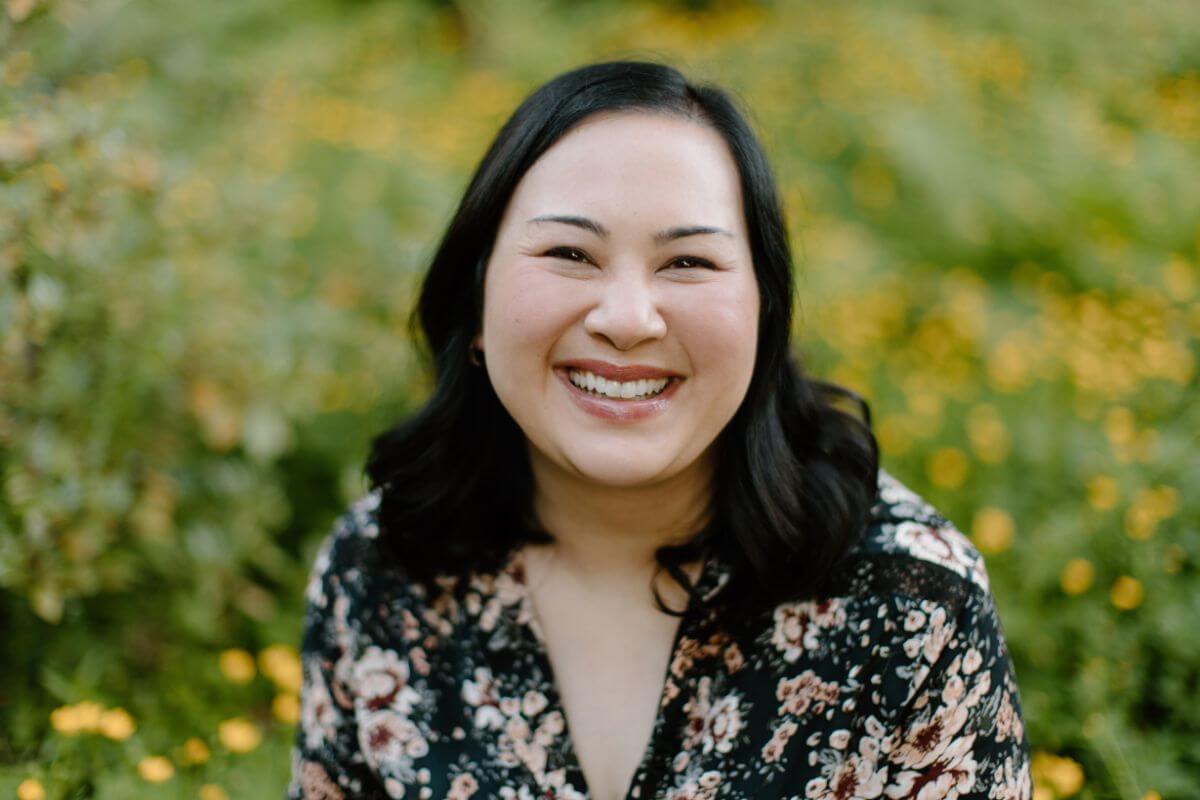
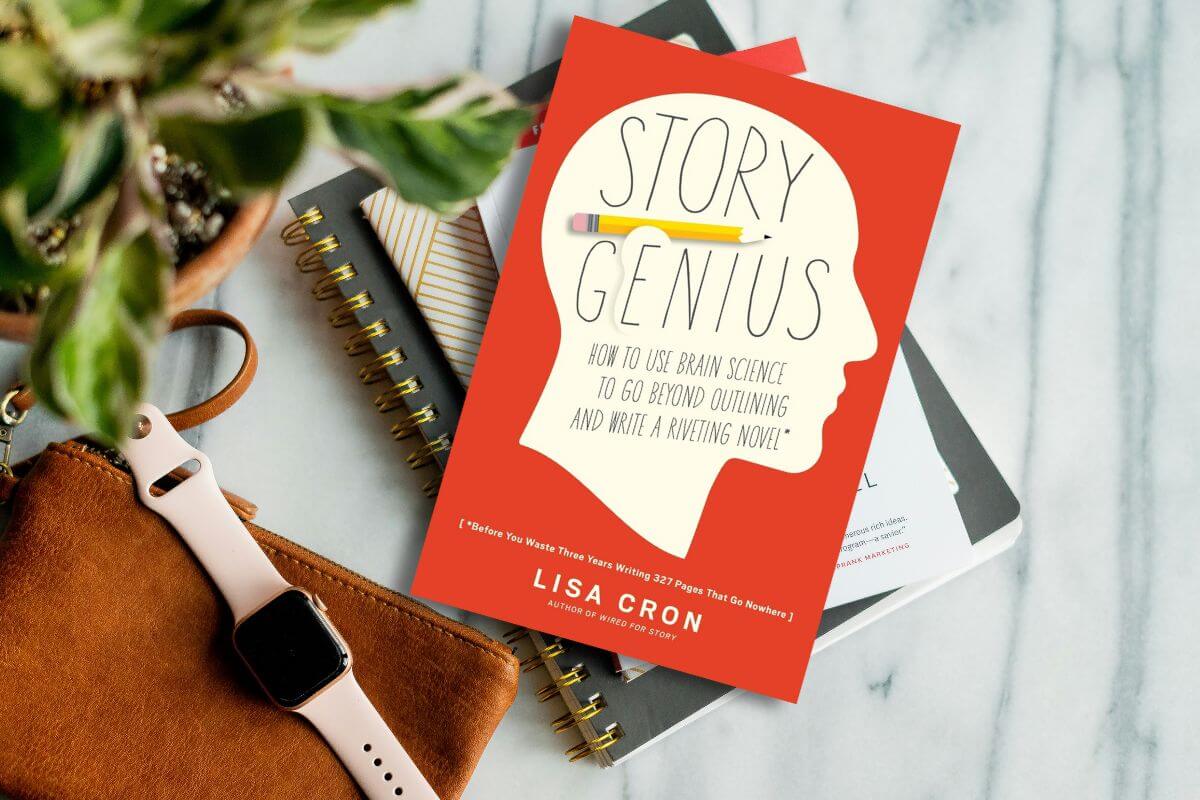
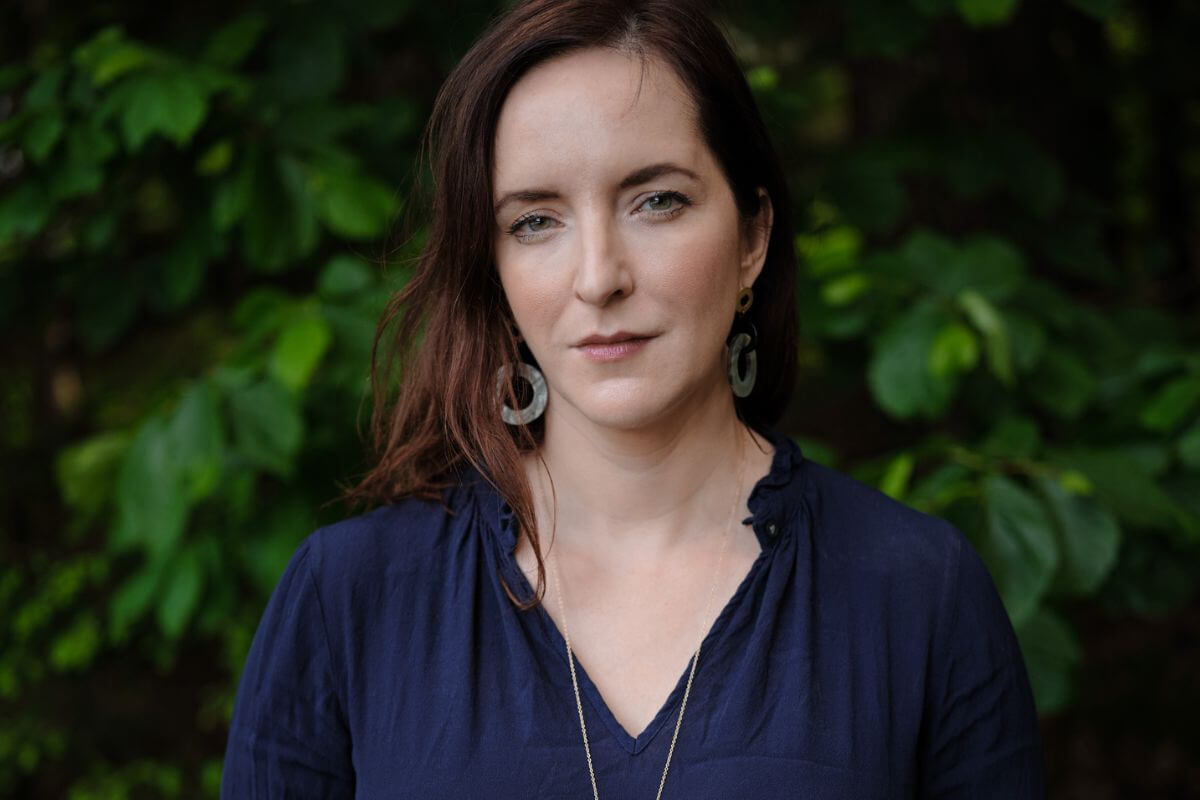
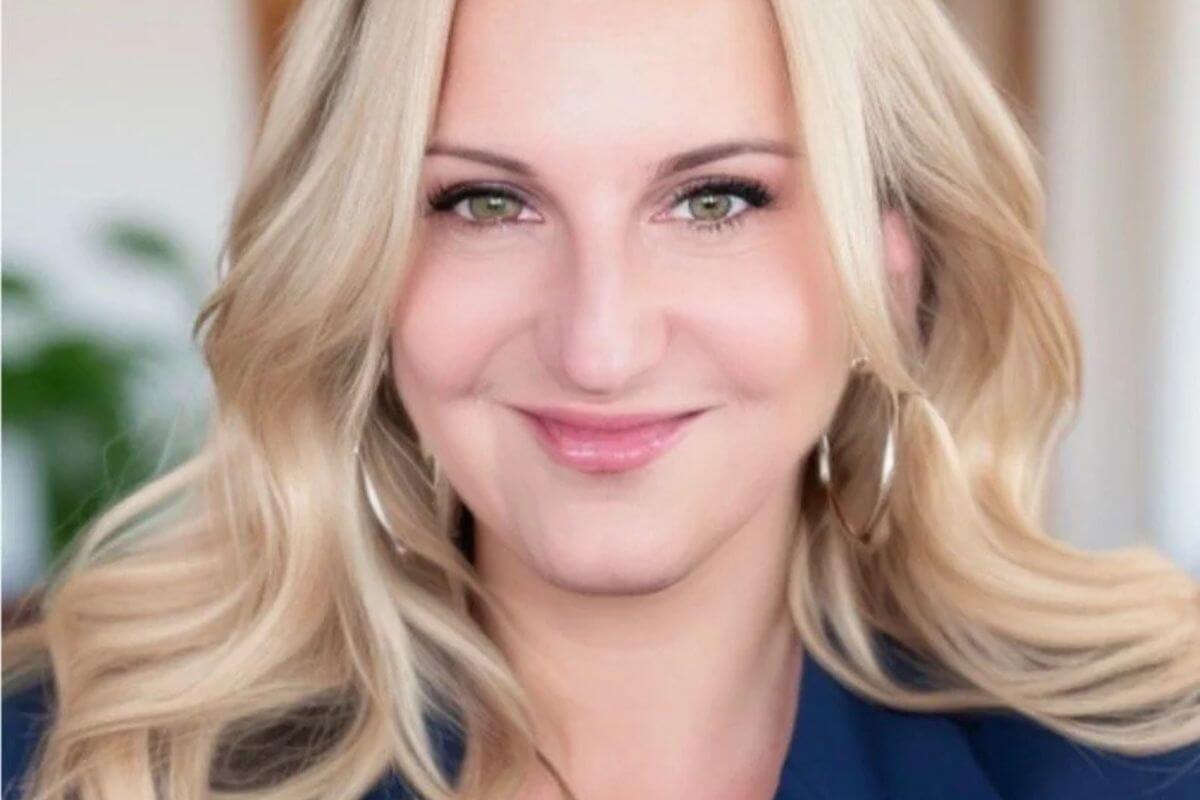
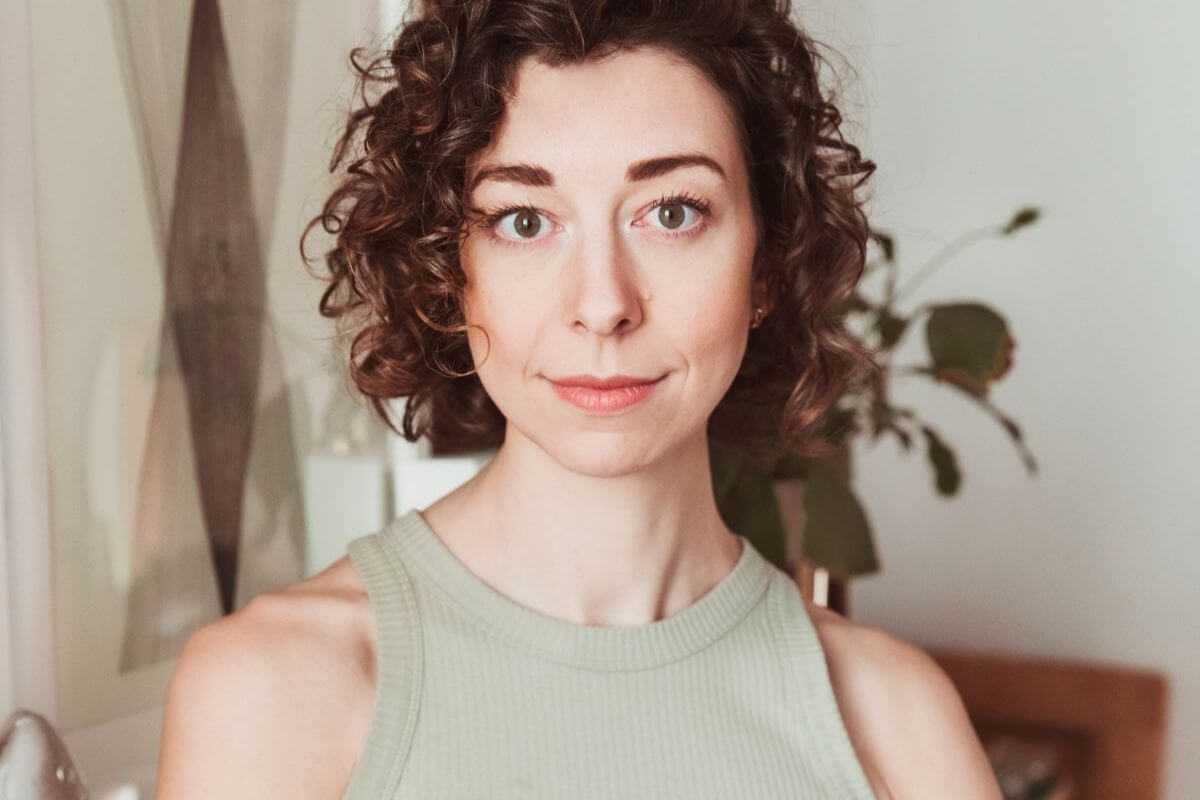
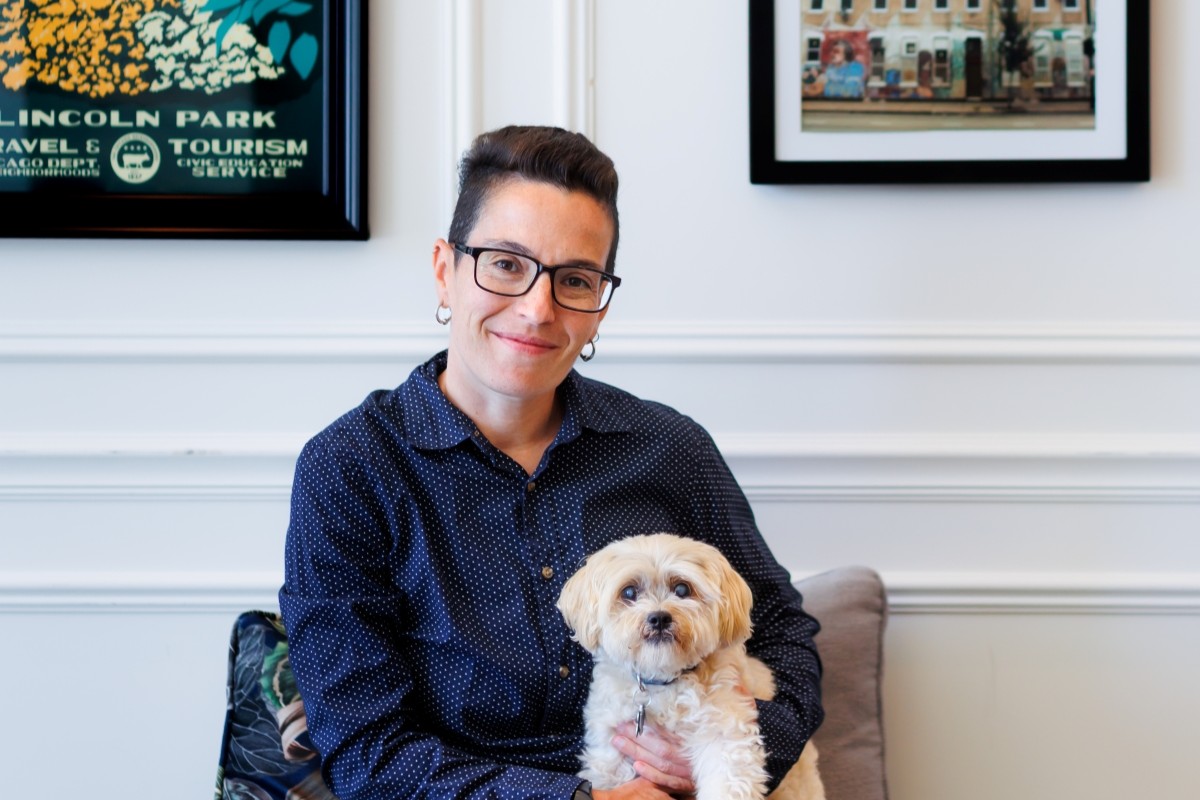
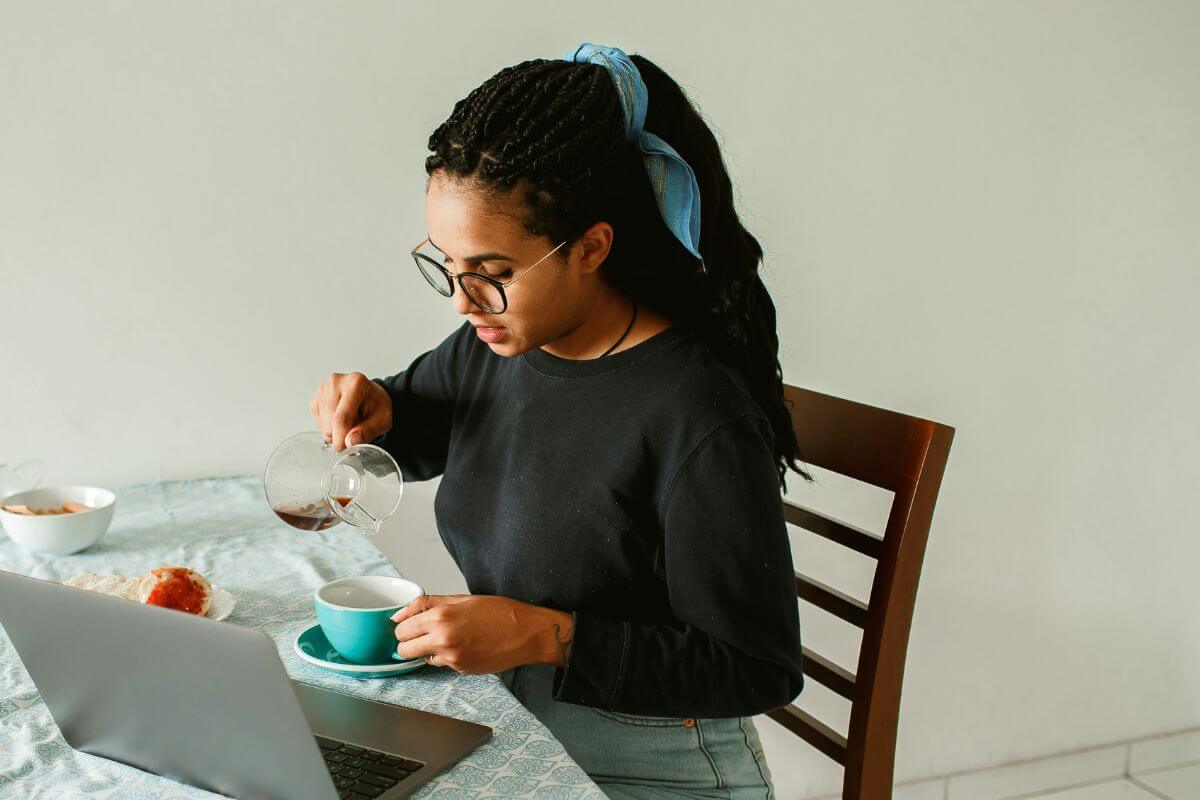
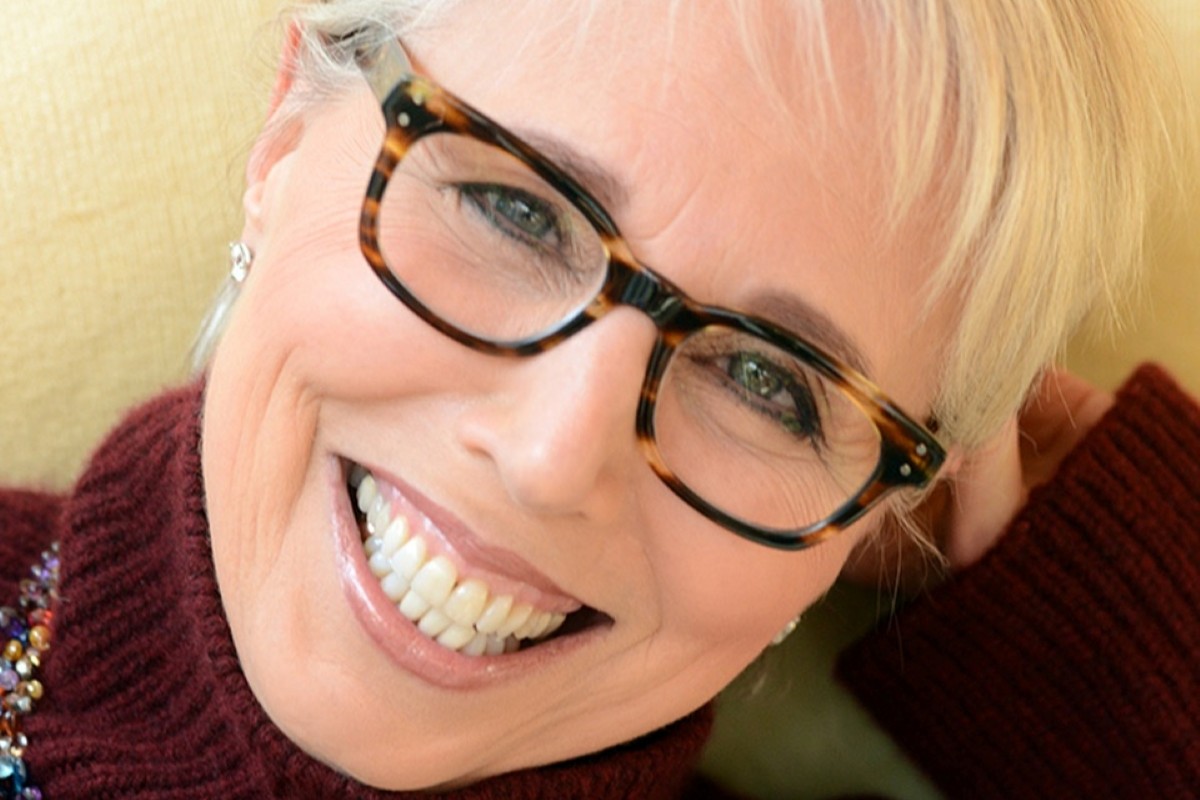
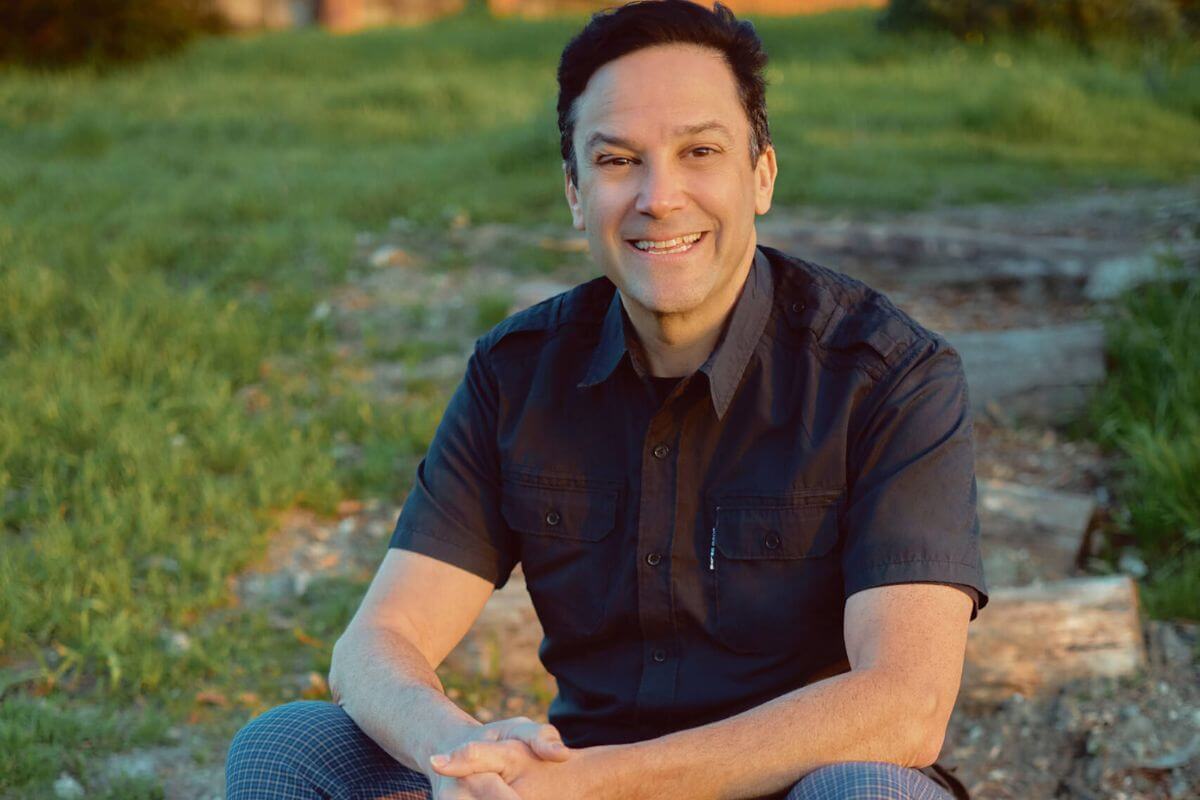
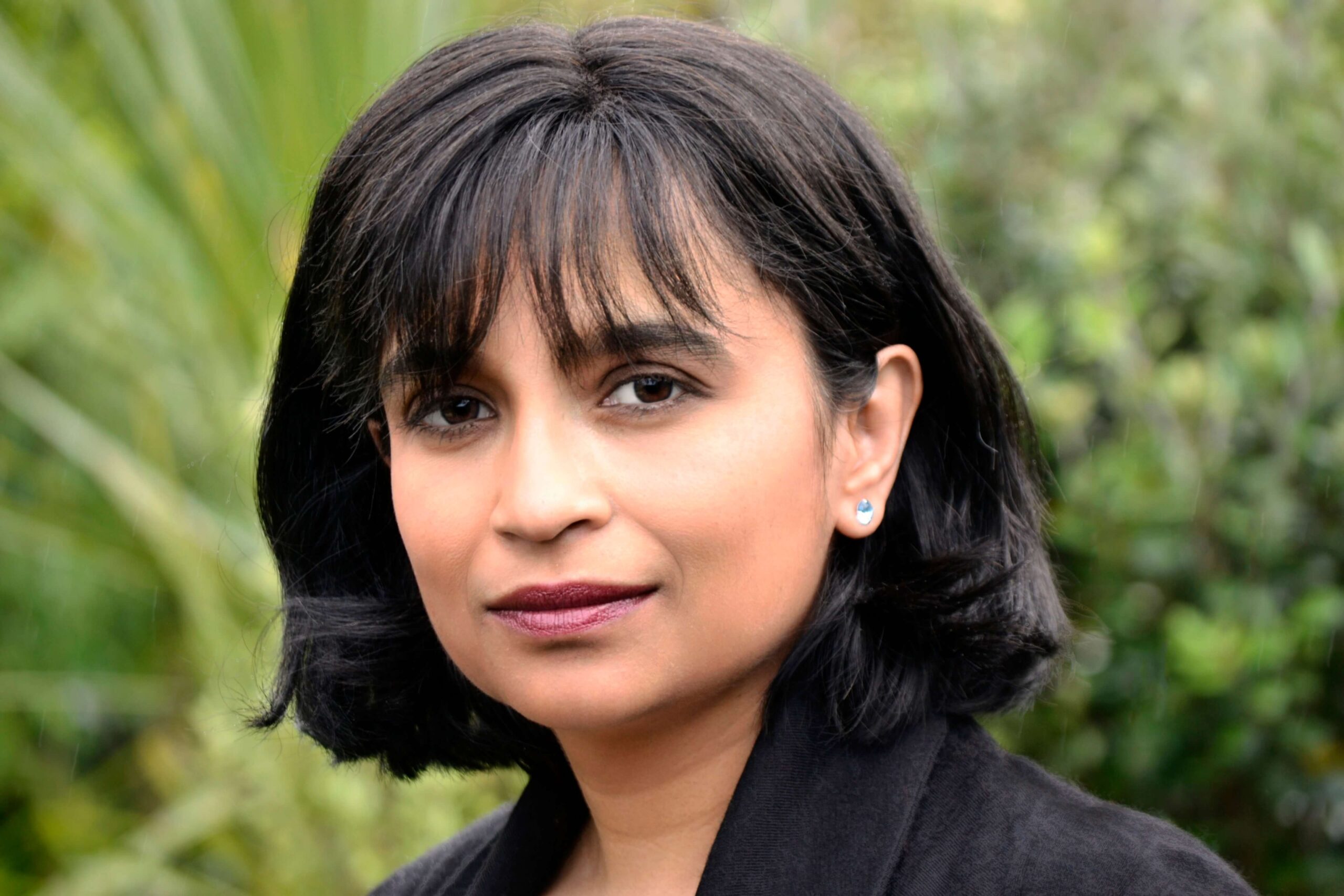
Leave A Comment